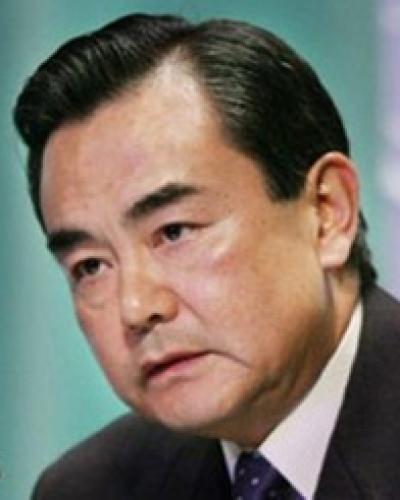Havana, Apr 19, (RHC), -- Chinese Foreign Minister Wang Yi is arriving today in Cuba, the first leg of a Latin American tour that will also take him to Venezuela, Argentina and Brazil.
Chinese Foreign Ministry’s spokesperson Hong Lei announced that the tour is in response to invitations by foreign ministers of the Latin American nations and takes place as relations between China and this region are expanding.
According to diplomatic sources in Beijing, greater economic relations are one of the main topics to be addressed by the Chinese official during his visit to Havana, where lawmakers just a few days ago passed new legislation aimed at attracting foreign investment.
Every morning thousands of Cubans head to work on Chinese built buses. China is the island's second largest trading partner after Venezuela providing everything from buses, cars and ships to household electrical goods all on easy credit terms.
China also provides technology and know-how for on-shore oil drilling operations.
Hugo Pons, a member of the Association of Cuban Economists, said China is one of 15 countries which have submitted proposals for the Special Development Zone in the port of Mariel west of Havana.
According to Chinese press reports, the car manufacturer Geely is considering setting up an assembly plant in Cuba. One additional sweetener in the new foreign investment law is that companies can, for the first time, bring in their own construction workers, something Chinese firms often insist on.
Related Articles
Commentaries
MAKE A COMMENT
All fields requiredMore Views
- Euro-Med Monitor documents shocking crimes and torture against Palestinian prisoners in Israeli jails
- Biden, Blinken, Austin referred to ICC for aiding and abetting Gaza war crimes
- Popular singer Paulo F.G. dies in car accident in Havana
- Cuba denounces new visa restrictions for the United States
- ITU official thanks Cuba for hosting World Youth Summit


